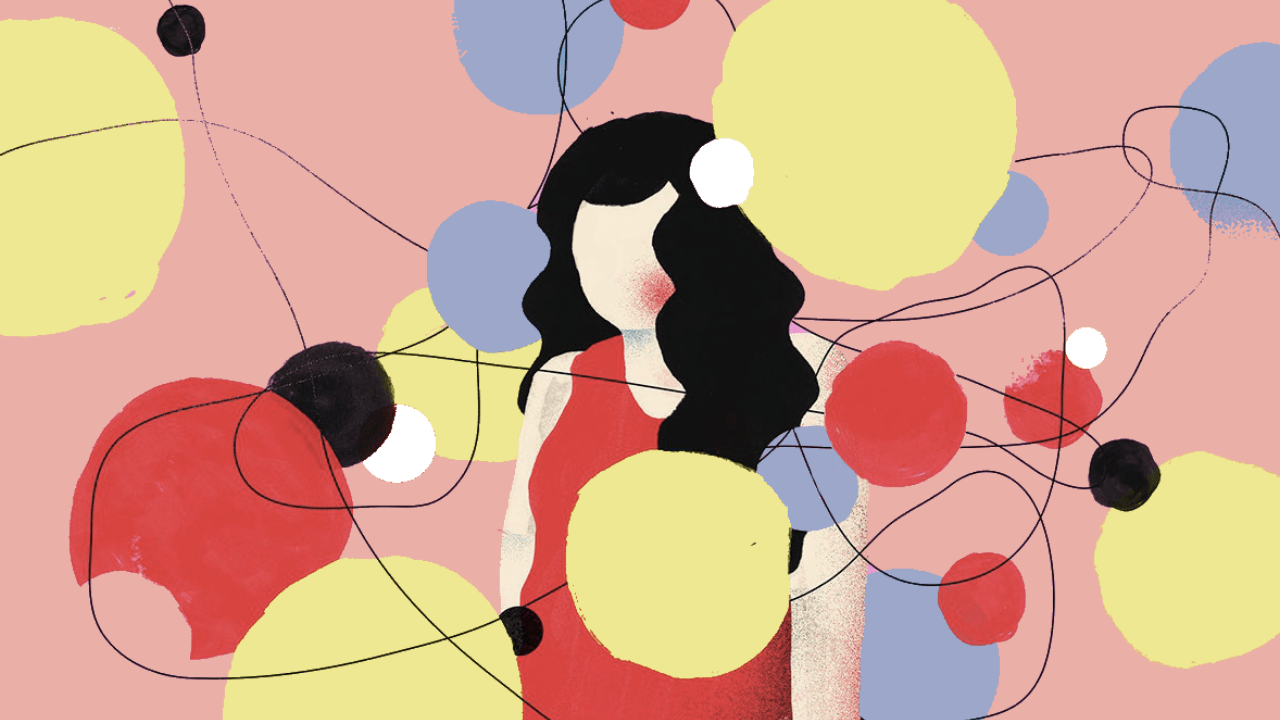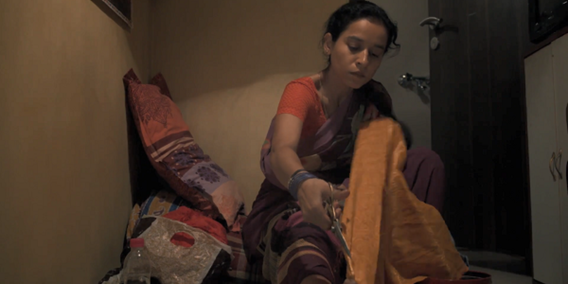While looking at distraction today we cannot ignore looking at it through the COVID lens. We are currently living in a highly stressful environment, the current pandemic has ensured we all work from home. The work from home environment is stressful because there are many demanding tasks that call for our attention. However, the discipline of sitting in a place and doing work requires a significant amount of self-control. Our self-control is a limited resource, more the distracting elements more of self-control resource is consumed. Work from home now means our previously relaxing and disengaging environment is mixed with a stressful output driven environment simply segregating the two while in the same space takes a lot of energy.
At the onset, it’s important to differentiate between Attention Deficit Hyperactive Disorder and distraction. Attention Deficit Hyperactive Disorder is a clinical condition where in a person finds it difficult to sustain their attention at a given task. The common symptoms include restlessness, fidgeting, impulsivity, a high tendency to lose things, forget words, forget sentences, or miss details in sentences.
While distracted, you struggle to stay focused at a given task, different things may distract us and it can range from social media apps like Instagram, Facebook, Twitter and our need to constantly stay updated. However the most harmful form of distraction has been (and I believe will continue to be) our tendency to escape into a fantasy world of a brighter future or down the endless spiral of worry. Psychologist Matthew Killingsworth and Daniel Gilbert found that the human mind is actually wired for the state of continuous distraction.
The media we are consuming as a result of our work at meetings, in our workshops or even while working may not to be engaging enough for us and we might therefore feel the need to go out there and seek something stimulating engaging and reinforcing. Sometimes being distracted is a reflection that one’s work is not engaging enough and could be an indicator that it is time for some change.
Being distracted may have some advantages specially if the environment is very stressful and therefore escaping can be a source of comfort or reinforcement. This engaging in distracting activities like talking to a friend or a loved one decrease the stress experience or acts as an injection of energy to face the situation. These breaks may equip us with more energy, more internal resources to face and confront things.
Let’s talk about how we felt when we joined our job on the first day or the first time we learnt a new task; we were less likely to be distracted and were engaged the work we were doing and had a higher tendency to experience some sort of fulfilment or joy. However, flash forward and this is a task we are repeating for the 100th time, or is the 5th revision of our work, we are now more likely to feel distracted, bored, make careless mistakes and have decreased motivation. This is primarily because the task may feel too easy. It is important to match the challenge level of the task at hand with your ability. It should never be too easy or too difficult, just mildly difficult enough to feel like we are progressing. Thus being distracted is a good indicator that we need to up or down the challenge level of the task we are doing.
The ills of being distracted have long term consequences. We are more likely to produce lower quality work, be less efficient, and have a higher tendency to produce more mistakes at work. This often leaves one questioning their sense of worth, and life choices as the above mentioned consequences are likely to effect ones progress, and the highest motivator or the biggest contributor to one’s sense of fulfilment is individual progress. The ills of being distracted not only impact our work but also our intimate relationships. Individuals who tend to often check their phone, day dream or walk away in the midst of a conversation are likely to experience less fulfilment in their relationships. This will undoubtedly impact the connection they form with their partners and friends.
Keeping this in mind it is important to look at ways we can manage being distracted, and I use the word ‘manage’ primarily because it is not about avoiding distractions, because as we know they sometimes can be helpful as an indicator, but it’s about managing it more effectively to ensure we are living a higher quality life:
1) Have a designated workspace free from clutter and only have things you need for work and that the space is not used for anything else, if we choose to work at a dining table is important to condition the table as a space only for work now and not with any other kind of engagement like food, games or family.
2) Make the access of tools we need to promote a new healthy behaviour easy, similarly the tools that distractors need to be made difficult to access.
3) It is also beneficial to establish a fixed routine. Repeated pairing of a task with a specific time of the day automatically sets of level of expectation of what is required at that moment or time of day.
4) If routines aren’t your thing, work with a priority list.
> While creating a priority list, it is important to only go through the list in order of priority, not skip one or begin another midway. This means, you train yourself to get comfortable with the distress of waiting for a task to be completed.
> A technique that may help here is the pomodoro technique where you work for short intervals of time before you treat yourself with a break.
> While designing the priority list begin with the task you like the least or is the most difficult, primarily because at the start of your list you are more likely to have more mental and physical energy and thus be better equipped to power through it. Again, do only one task at a time – mono-task do not multitask. Multitasking is more likely to leave one feeling overwhelmed.
5) Ensure your activities promote flow. These activities must be mildly challenging for your cognitive resources or physical resources this ensure optimum flow and does means that you are choosing an activity that is mildly challenging and notes to easy requires attention and focus and also promotes a sense of progress
6) Lastly, the most effective way to manage our distraction is a sense of awareness. It is important to be aware of when your mind wanders in the moment. This sense of awareness gives us the opportunity to choose, we can either choose tor continue down that path of daydreaming or choose to disengage from the distraction. It is about moving from a state of doing to being. This sense of awareness creates a long last almost shift in ourselves as we are likely to be more effective and is long term technique to combat any kind of harmful distraction.
Meet The Author








